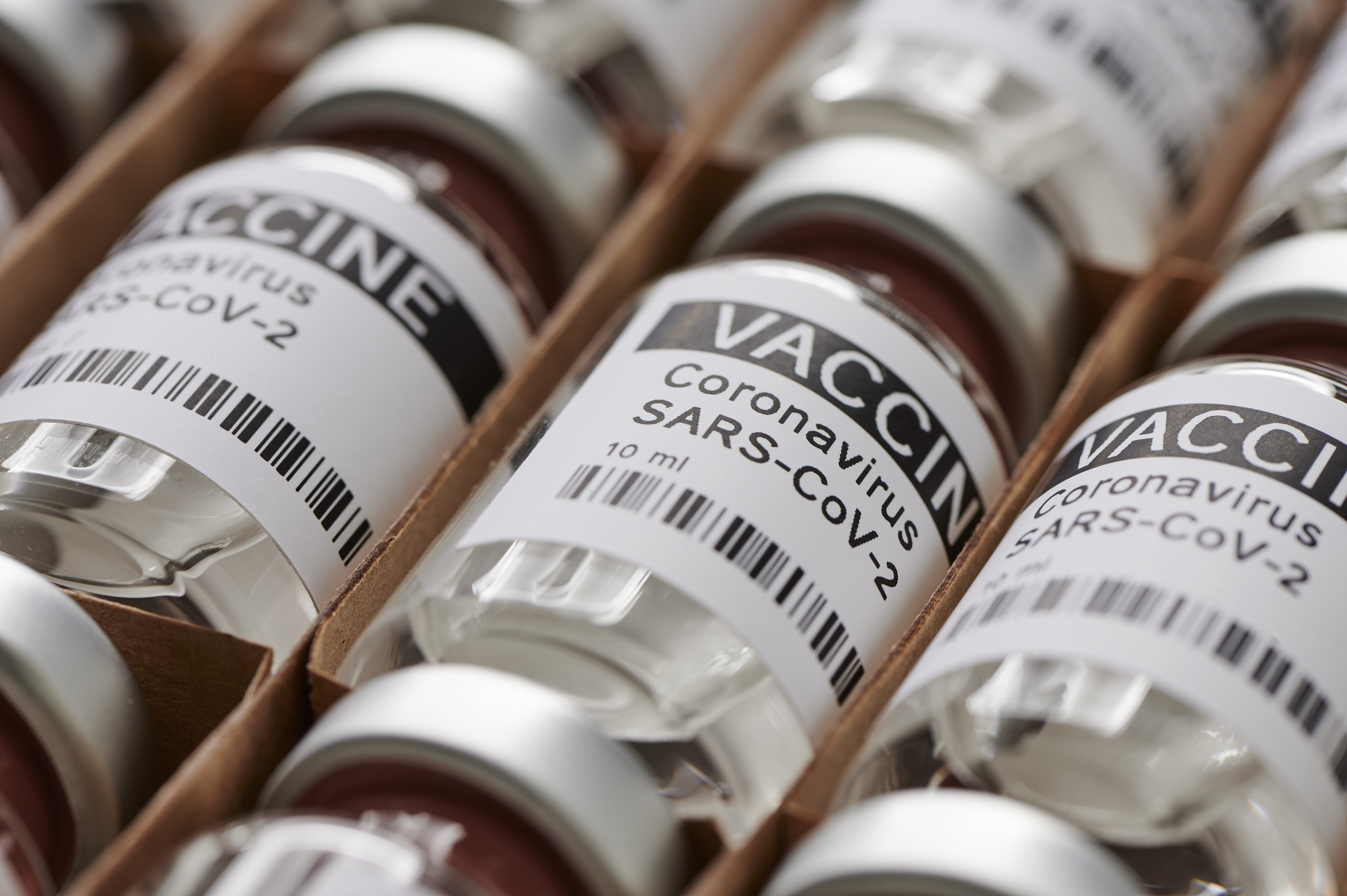The Alabama Department of Public Health on Friday began publishing demographic data on who’s receiving COVID-19 vaccinations in the state, and while it shows just 11 percent are Black, the data is incomplete.
The initial data shows that 32 percent of vaccinations were among races that were unknown or not reported. White vaccine recipients made up 54 percent.
“So we have a big gap in the data there,” said State Health Officer Dr. Scott Harris, speaking to reporters Friday. “We are making every effort to collect that information now.”
Harris said that most states haven’t traditionally collected data on race for vaccinations and that Alabama’s initial data closely mirrors that of data from most other states.
A CDC report on Feb. 1 noted that race and ethnic data were available for 51 percent of people vaccinated in the U.S. between December 14 and January 14. Of the data available, 60 percent of those vaccinated were white, 11 percent were Hispanic and five percent were Black.
“Obviously, this speaks a lot to our equity concerns,” Harris said of the lower percentage of Black people receiving vaccinations. “We know that African Americans are more likely to have serious illness or death from COVID-19 in Alabama.”
Harris said the hesitancy among Black people to take the vaccines is a priority for the department, and there remains much work to do on that front. The state’s chief medical officer has worked for months with community groups and stakeholders to get the message out to minority communities on the importance of vaccinations, he said.
“We’re working with the members of the Legislature and in the Black caucus. Working with a number of faith-based organizations in the African American community. Working with a number of Black public official organizations,” Harris said.
Lower vaccinations among communities of color had a lot to do with the decision to move Alabama on to phase 1b, Harris said, adding that by opening vaccinations up to different ages and vocations, more people of color will be included.
“I think everyone realizes that part of the racial disparity we’re seeing in our vaccination rates is because of who we targeted in a way,” Harris said. “If you start off with healthcare workers, in many cases, people of color are just underrepresented in that group.”
Harris said the department is working with a group on a “large-scale” media campaign on vaccinations that will target Black communities.
As of Thursday, the state had administered 581,317 vaccinations, which was 64 percent of the doses shipped to the state for ADPH to disburse, according to the department’s dashboard. The federal government has also shipped 92,625 doses for long-term care facilities, and 60,607 of those doses had been administered.
Harris also discussed the vaccine rollout at 74 select Alabama Walmarts and Sam’s Club locations, which was to begin Friday. He said those stores pharmacies, through a federal program, are to receive 14,800 doses a week, which is approximately 200 doses at each of the locations weekly. Those doses coming from the federal government would be separate from the regular shipments the state receives and administers weekly, he said.
“Last week we had calls with Walmart and their intention is certainly to get vaccine to all of their stores at some point, when they’re able to get it,” Harris said.
“I certainly hope they’ll be able to expand that. There are many places who would like to have that available to them as well, but we were not involved in that selection, of where those doses are being sent, or even how many doses they got,” Harris said.
To check availability and to schedule a vaccination, you can visit Walmart’s COVID vaccine website. A Sam’s Club membership is not needed to schedule and receive a vaccination at a Sam’s Club pharmacy location.













































